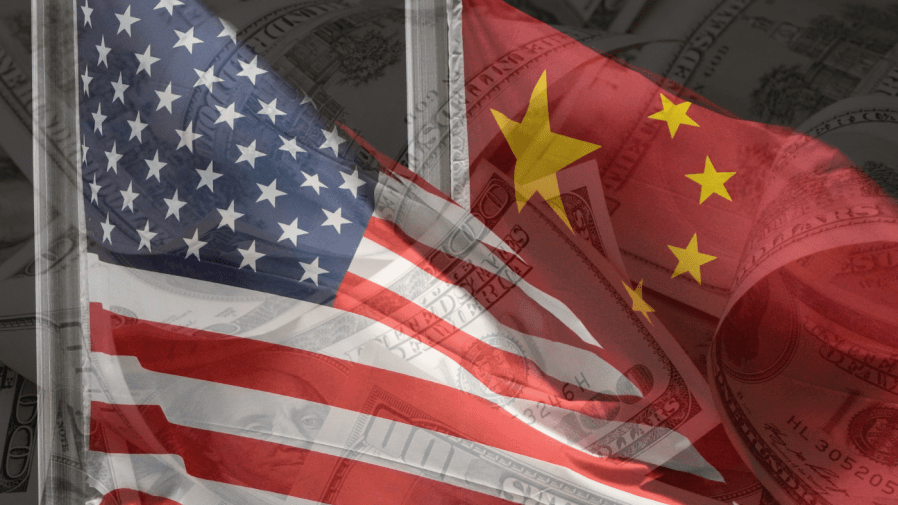China Hits US with Retaliatory Tariffs: Escalation in Trade Tensions
China has announced retaliatory tariffs on $60 billion worth of US goods, marking a significant escalation in the ongoing trade dispute between the world’s two largest economies. This move comes in direct response to President Donald Trump’s recent executive order imposing additional tariffs on Chinese imports.
Key Points:
China will impose 10% tariffs on $60 billion of US goods.
The tariffs are in retaliation to Trump’s new 10% levy on Chinese imports.
This marks a new phase in the US-China trade war that began in 2018.
Background:
The US-China trade war has been ongoing since 2018 when then-President Donald Trump began imposing tariffs on Chinese goods, citing unfair trade practices and intellectual property theft. The conflict has seen multiple rounds of tit-for-tat tariffs, negotiations, and temporary truces.
Current Situation:
President Trump, now in his second term, recently signed an executive order imposing a 10% tariff on Chinese imports, ostensibly to address issues related to fentanyl trafficking and national security concerns. China’s retaliatory measures demonstrate that tensions remain high between the two nations.
Impact and Significance:
1. Economic Consequences: The escalating tariffs are likely to increase costs for businesses and consumers in both countries. Previous studies have shown that tariffs often lead to higher prices and reduced economic growth.
2. Global Trade Disruption: As the world’s two largest economies continue their dispute, global supply chains and trade patterns may be further disrupted.
3. Political Implications: The trade war has evolved beyond purely economic issues and now encompasses broader geopolitical tensions between the US and China.
4. Long-term Outlook: Some experts predict that the trade war could last for several more years, with one model suggesting less than a 20% chance of resolution by 2025.
Different Perspectives:
Proponents of tough trade policies argue that these measures are necessary to address long-standing issues with China’s economic practices.
Critics contend that the trade war has hurt American businesses and consumers without achieving significant policy changes from China.
Conclusion:
The latest round of retaliatory tariffs underscores the ongoing complexity of US-China relations. As the situation continues to evolve, it will be crucial to monitor the economic impacts, diplomatic developments, and potential paths to resolution.









